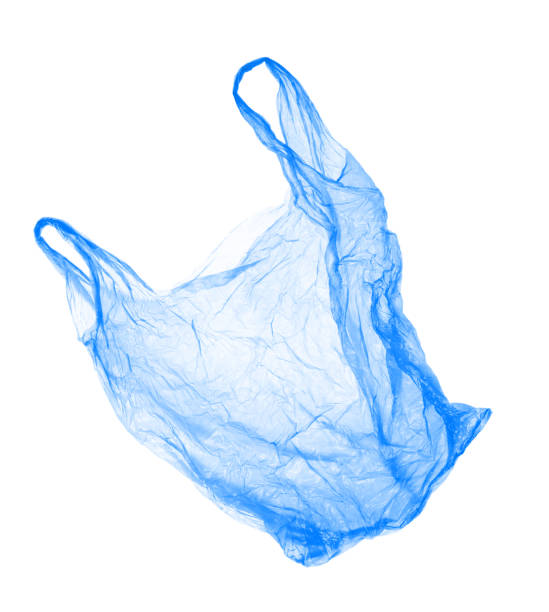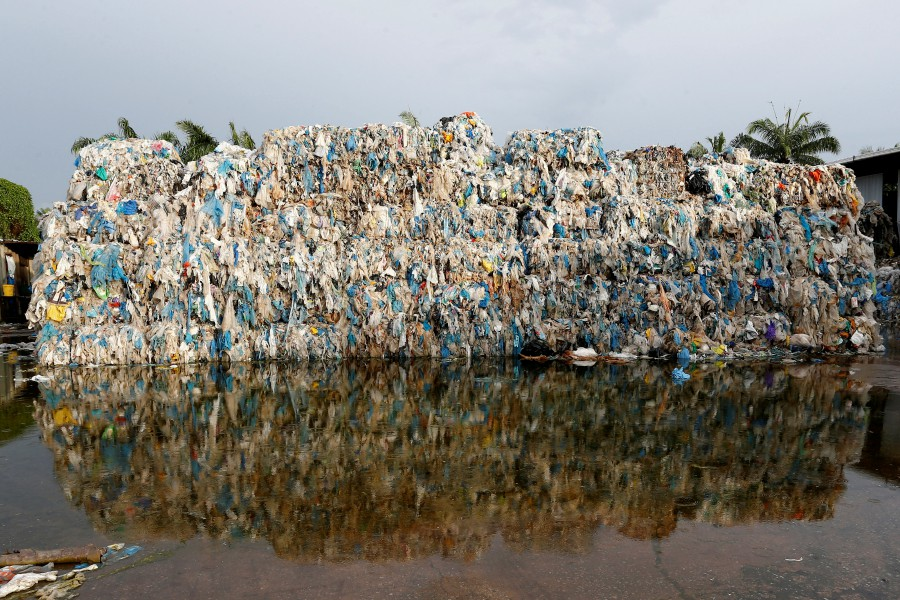‘Recycling In & Out of Malaysia’
Hello readers! Try to look around. Do you find any plastic made items around you?

As early as the late 1960s, plastic pollution has become a hot topic being discussed by a host of people.
As we know that plastic is widely utilized and only 8.7% of plastics have been recycled, the remaining have either gone into the incinerators, oceans or landfills. Guest speaker, Mr. Au Yong said that the ‘Recycling In & Out of Malaysia’ event that Malaysia is among one of the top six cities which contribute to the plastic waste (household) per capita. The situation is worsening as Malaysia imports plastics from developed countries in the hope to capitalize on the plastic reprocessing industry. However, there are a plethora of restrictions when it comes to recycling plastics. Plastic with dyes, additives, heavy colour, undergo many levels of segregation in recycling centers which can hike up the cost. so, Therefore, it is much cheaper to dump at the landfill or burn than to recycle. Consequently, all plastic wastes will either be peaking up at our landfills or be burned into dust.
The following picture shows the serious pollution problems faced by Pulau Indah, Malaysia. Contrary to its name Indah (which means beautiful), the island is facing pressing pollution issues.

You may already know the effects of plastic pollution, but awareness regarding the negative impacts of plastic pollution, particularly microplastics still needed to be raised. Some plastics are not biodegraded and break down into very small pieces, which is called microplastics. Smaller than 5mm in dimension, much of the hundreds of millions of tons of plastic waste in our oceans is made up of microplastics (Haslam, 2018). Mr. Au Yong explained that microplastics are invisible, small parts of plastic which are eaten by marine life remain in them, thus, when we eat seafood, we are indirectly consuming plastics. The effect on health is mystifying.
To entirely eliminate plastic from the earth is impossible. Quoting from the American Indian poet, we do not inherit the world from our ancestors, we borrow it from our grandchildren. So, who are we to destroy the wonderful resources placed in our hands? I remembered the guest speaker said: “We do not need a small group of people practising 100% zero waste, we need the majority to reduce a little waste.” We have to wake up to the fact that plastics are a harmful norm in our life, efforts and awareness from you and I is very much needed!
As modernization slips in, we have been generating lots of solid plastic waste through online shopping. The ‘tapao’ (takeaway) culture is also one of the contributors to Malaysia’s plastic waste problem. Therefore,
If you can reuse, never recycle;
If you can reduce, never reuse;
If you can refuse, never reduce.
Don’t let ignorance and indifference continue to drive in our life. It’s time for us to step up and take up the mantle of stewardship. Our daily and household plastic waste can be minimal if we manage it properly.
For more information on recycling check out: https://www.icycle-global.com/
